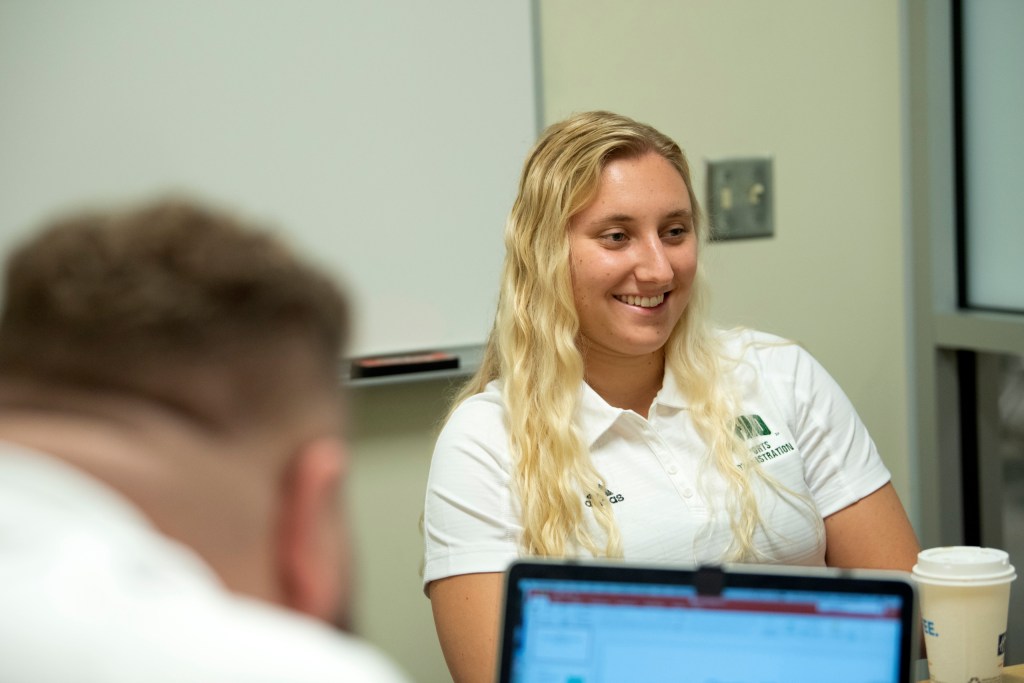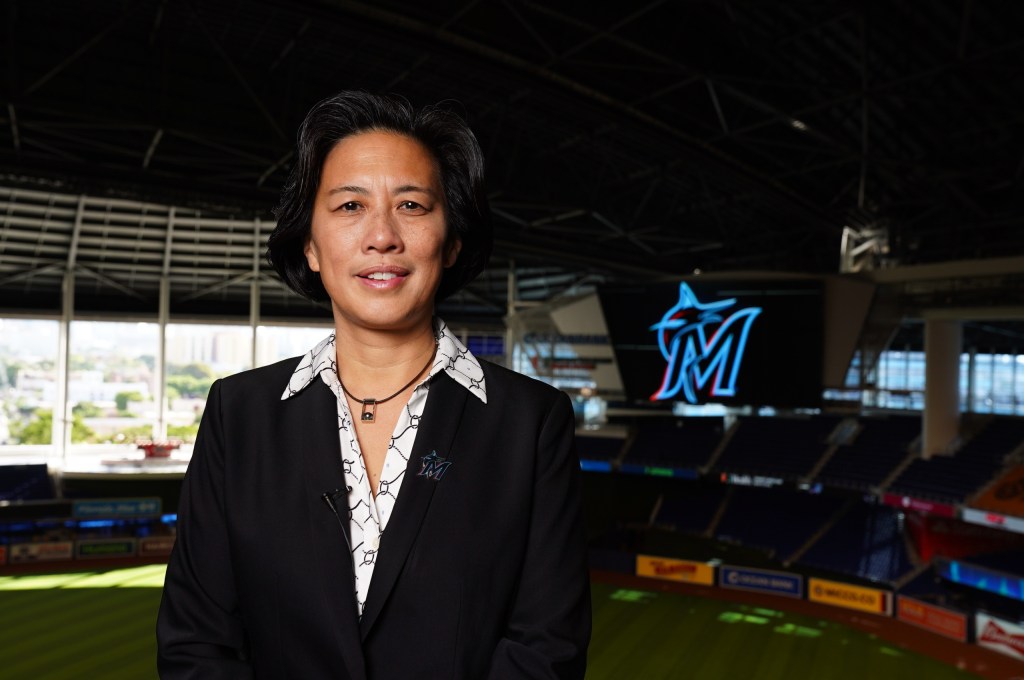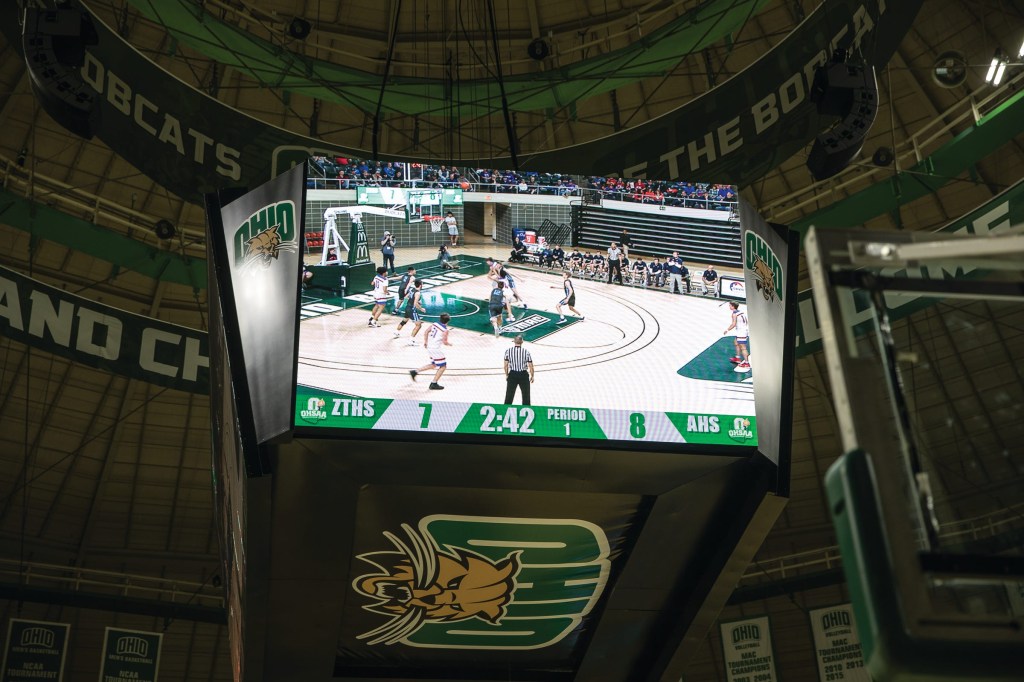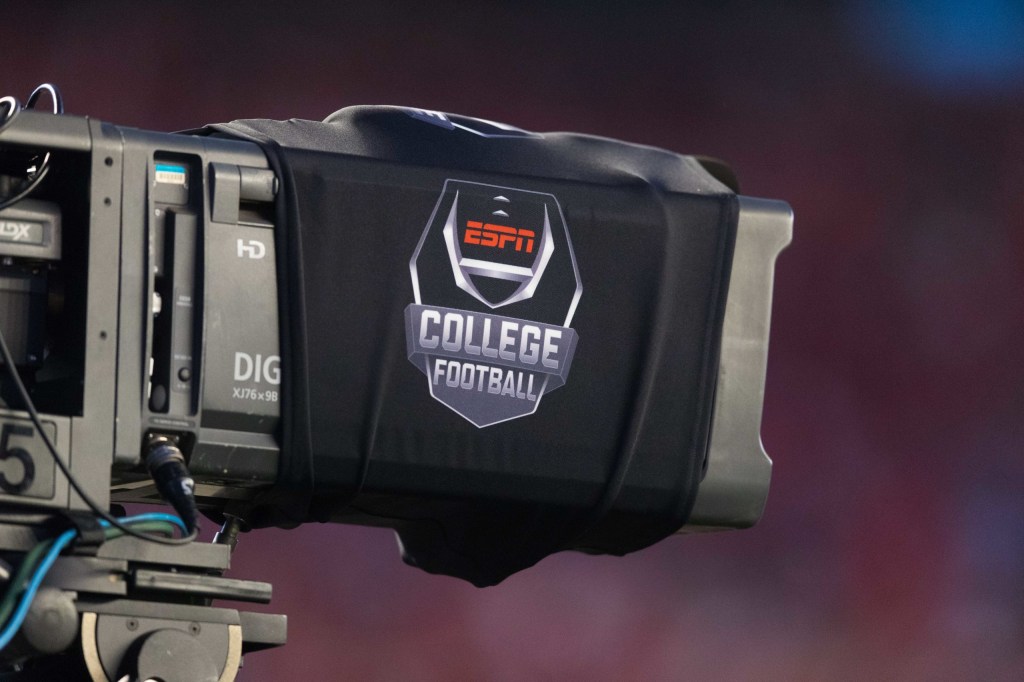Crosby is proof that hard work can go a long way.
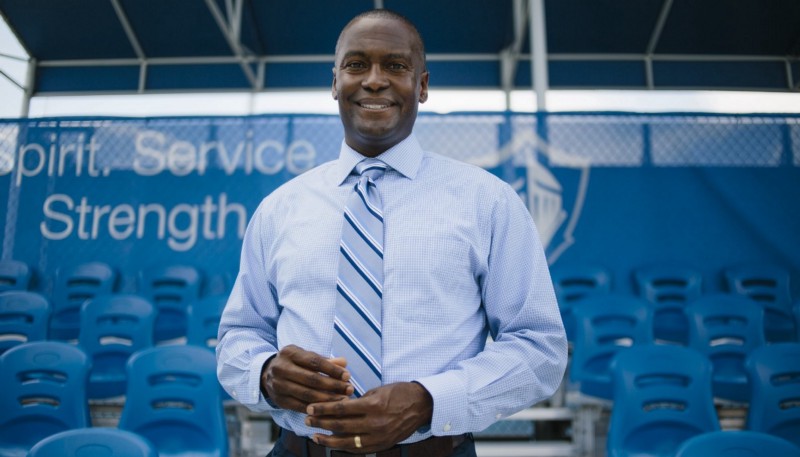
If there was an award for most caring athletic director, Devin Crosby might win in a landslide. The student-athletes at Lynn University have the privilege of learning from one of the most passionate athletic directors in the country.
One defining moment during Crosby’s time as a track and field student-athlete at Slippery Rock University inspired him to become an athletic director.
This moment occurred in May of 1994. It was Crosby’s freshman year and he was running the 800 meters in the conference track and field championship. With 150 meters to go, he was in second place. With 50 meters to go, someone passed him so he was now in third. He relented because third place still gets a medal and that was a great accomplishment as a freshman, but right at the line someone passed him so he wound up finishing in fourth place.
“I was very upset after the race, bent over with my hands on my knees and a man came up to me and it was Bill Lennox, Slippery Rock’s athletic director. He put his arm around me and told me I ran a good race and that I’m only going to get better. I looked up at him and asked, ‘aren’t you the athletic director?’ He nodded and I asked, ‘why are you here?’ I asked him that because the meet was seven hours away from Slippery Rock. He said, ‘because I care about you.’”
Crosby’s world paused at that moment because he knew his AD really cared about him.
Crosby went on to graduate school at East Stroudsburg University. After graduating, he accepted a job in residence life at the College of Holy Cross in Worcester, Massachusetts, but he knew he had to get involved in the athletic department. He scheduled a meeting with the athletic director and even though the department didn’t have any positions open at the time, Crosby explained, “I don’t need you to pay me because I already have a job here. I just want to work for free.”
Crosby gained an appreciation of every facet of collegiate athletics because he did whatever the athletic director needed. He changed lightbulbs in the scoreboard, put up banners prior to football games, was the chaperone of the kids’ fun zone that occurred during the game and even flipped burgers at the student-athlete barbecue. His persistence blossomed into a three-year stint in the marketing department and kickstarted his career in athletics.
Crosby went on to be an assistant athletic director at the University of Houston, where he worked under Dave Maggard, a former athletic director who also helped run the 1996 Summer Olympics in Atlanta.
“Mr. Maggard is one of the most well-connected men I’ve ever met. I’ve seen him pick up the phone and call Nike, adidas, political figures… and they pick up on the first ring.”
After working at Houston for four years, Crosby moved on to Saint Louis University where he worked under the athletic director, Cheryl Levick who stressed the importance of excellence. “As the AD, the culture of the department will be modeled from their behavior.”
He took a trip across I-64 East to the University of Virginia to become the Assistant Athletic Director for Marketing which is where Craig Littlepage, the athletic director, introduced Crosby to the development side of the athletics. His efforts in development led to a connection with Peter Roby, the athletic director at Northeastern University.
“I couldn’t even spell the word ‘solicitation’ nonetheless know what it meant without the help of Peter Roby. When I interviewed with him, he told me ‘Littlepage says you work hard and you’re curious so I know that even though you don’t know a lot about fundraising, I know you’re going to work hard and be curious enough to figure it out.’”
He helped raise the most money in a given year in Northeastern athletics history. He was promoted from Assistant Athletic Director to Associate Athletic Director and Director of University Development. By the end of his tenure, he was in a dual role reporting to the Vice President of Advancement and Peter Roby.
He left Northeastern to become the Deputy Athletic Director at Towson University where he was given the opportunity to oversee football. In turn, Crosby learned the valuable lesson of caring for your coaches.
“Head coaches are very isolated. There’s no one else on campus that does what they do. Not only am I their direct supervisor, I quickly learned to be their friend.”
Crosby then went on to be the deputy athletic director at Kent State University. He oversaw football, men’s and women’s basketball and the external unit of the athletic department — marketing, ticket sales, corporate sponsorships, etc.
“All these jobs gave me the platform of learning for the position I’m in right now.”
That position is as the athletic director at Lynn University in Boca Raton, Florida.
His favorite aspect of being an AD is serving on a platform to show the world the single most important attribute in leadership is summarized in one word ‘care.’ He comes to work every day with the intention to demonstrate care for other people first, his care of Lynn University second and care about his work of excellence third. No matter what at the end of the day he must care about people first.
“We can all change the world if we care a little bit more. My three principles I live by are to serve people, connect people and inspire people.”
His advice for anyone who wants to become an athletic director is be willing to move wherever you must go to get an opportunity, be willing to do whatever you are asked and have emotional intelligence.
“Have a sense of you as a person and how you affect the environment around you. Know yourself, know your environment and respond accordingly.”
His favorite aspect of serving at Lynn University is that the leadership has figured out that culture beats strategy and resources every time. “People over process,” is how Crosby explains it. He feels that if you have an amazing culture, you can do anything. This is part of the reasoning behind the creation of the South Florida Showdown.
“We’ve only been participating in collegiate athletics for 32 years, but we’ve won 23 national championships. We feel that the South Florida Showdown will be an amazing testament to our culture. We have no desire of moving to Division I, but #SoFloShow is a way to display we can compete at any level.”
His inspiration for creating the South Florida Showdown was to place the culture and success of Lynn University on a national stage. “Lynn University is innovative, diverse and very successful. We simply used athletics to reflect our campus.”
When the South Florida Showdown is complete in March, he hopes people see Lynn the way he sees Lynn every day.
“If you’re thinking about sending your child, relative or friend to college, Lynn University is going to be one of those places you consider.”
Front Office Sports is a leading multi-platform publication and industry resource that covers the intersection of business and sports.
Want to learn more, or have a story featured about you or your organization? Contact us today.
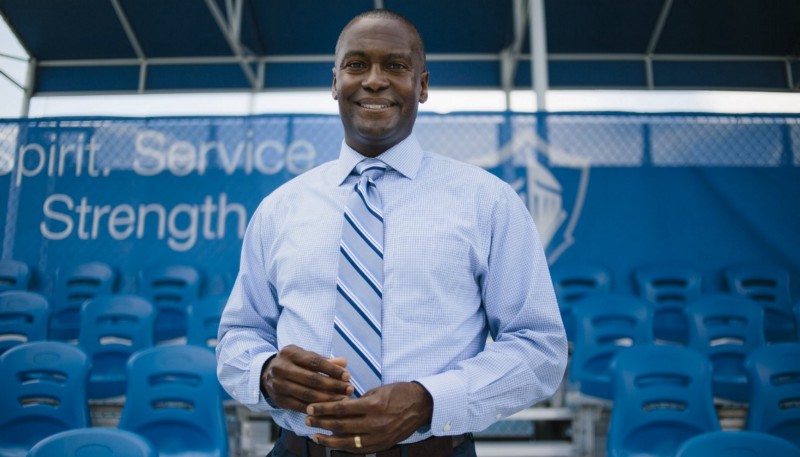





![[Subscription Customers Only] Jun 15, 2025; Seattle, Washington, USA; Botafogo owner John Textor inside the stadium before the match during a group stage match of the 2025 FIFA Club World Cup at Lumen Field.](https://frontofficesports.com/wp-content/uploads/2026/02/USATSI_26465842_168416386_lowres-scaled.jpg?quality=100&w=1024)
![[Subscription Customers Only] Jul 13, 2025; East Rutherford, New Jersey, USA; Chelsea FC midfielder Cole Palmer (10) celebrates winning the final of the 2025 FIFA Club World Cup at MetLife Stadium](https://frontofficesports.com/wp-content/uploads/2026/02/USATSI_26636703-scaled-e1770932227605.jpg?quality=100&w=1024)


